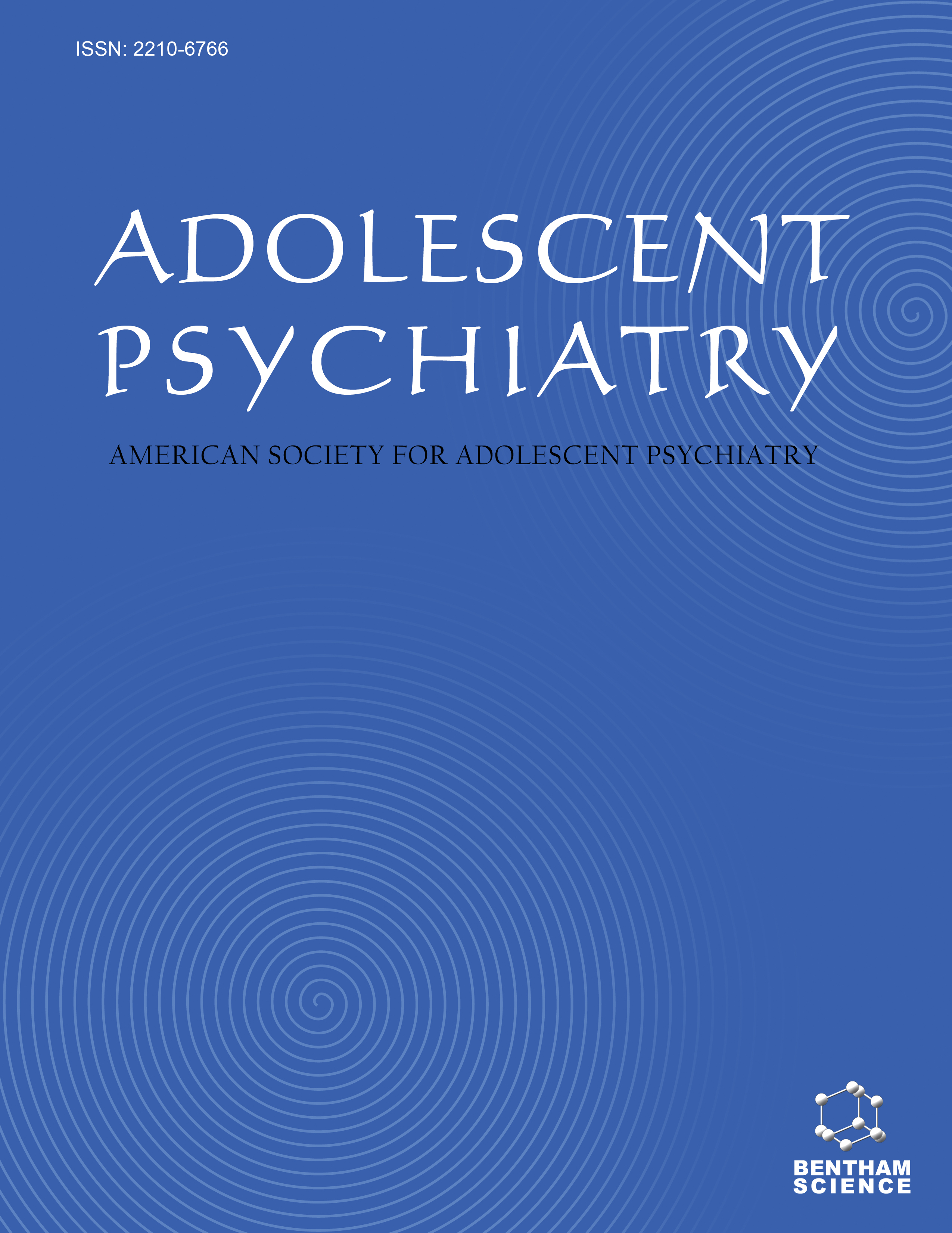
Full text loading...

This study examines how parents’ perceptions of boundaries influence their relationship with their children.
The survey was conducted in 2024, with the participation of parents of children aged 6-14. Particularly, ninety people participated in this survey, of whom 84.4% were women (n= 76) and 15.6% were men (n= 14). Two questionnaires were used. The first (Boundaries Quiz - BQ) measures the degree of familiarity with boundaries, and the second (Child-Parent Relationship Scale - CPRS) assesses parents' perceptions of their relationship with their children.
The results showed a normal distribution of data regarding the familiarity with boundaries (p= 0.87), while the quality of the relationship showed a non-normal distribution in all three question categories (Conflicts p= 0.017, Closeness p= 0.001, Dependence p= 0.007). Parents seemed to face problems setting their boundaries, especially in cases of divorce (Mean= 19.6, Standard Deviation= 10.15). A statistically significant difference was observed between divorced parents and those with a cohabitation agreement (p= 0.023). It was also found that family status significantly influenced how parents set boundaries, in contrast to their profession.
Parental boundaries towards children are crucial for their holistic development, providing guidance and security.
In general, the study concluded that the majority of parents experience problems setting their boundaries. The present study had some limitations due to the small sample and the fact that the sample composition is heavily skewed. Future studies must be concluded, including larger samples, leading to more reliable results.